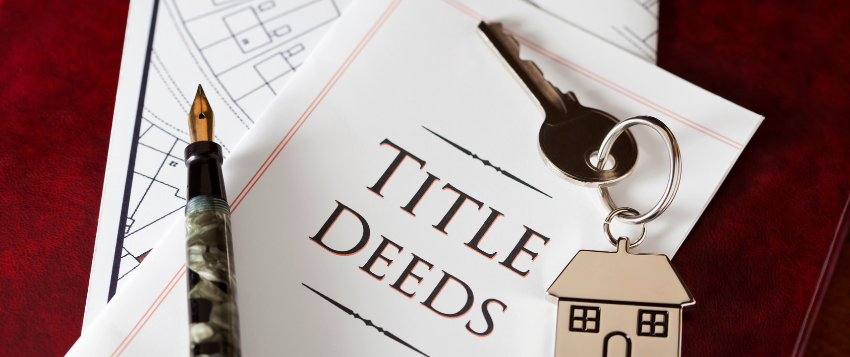Costs to Consider When Budgeting for a Property – Part 1
When buying a home, especially as a first-time buyer, it is crucial to understand the various costs beyond just the purchase price, to ensure you are budgeting realistically. In this article we will breakdown all the once-off costs you need to consider when thinking of buying a home to make sure there are no unexpected surprises. In next week’s article we will look at some of the ongoing costs associated with buying a home that you need to budget for. Being aware of these costs will ensure that you are better able to make an informed decision about what property will add to your lifestyle rather than add financial stress and strain.Transfer duty

Bond initiation fee
The bond initiation fee is what your bank charges for the administration involved in initiating and opening your bond. The fee is capped at R6,037 and can be added to your bond amount if needed. However, paying it upfront will save you money on interest charges.Legal fees

Deeds office fee

Moving costs
Moving costs can vary significantly depending on whether you use a minivan or a moving company; how much goods you must have moved; and how far you need to move it. You could be charged anywhere from R1,500 to R25,0000 for a move, but keep in mind that it is cheaper to move mid-month, so if your circumstances allow you, try to arrange your move for then.Costs involved in selling your property


